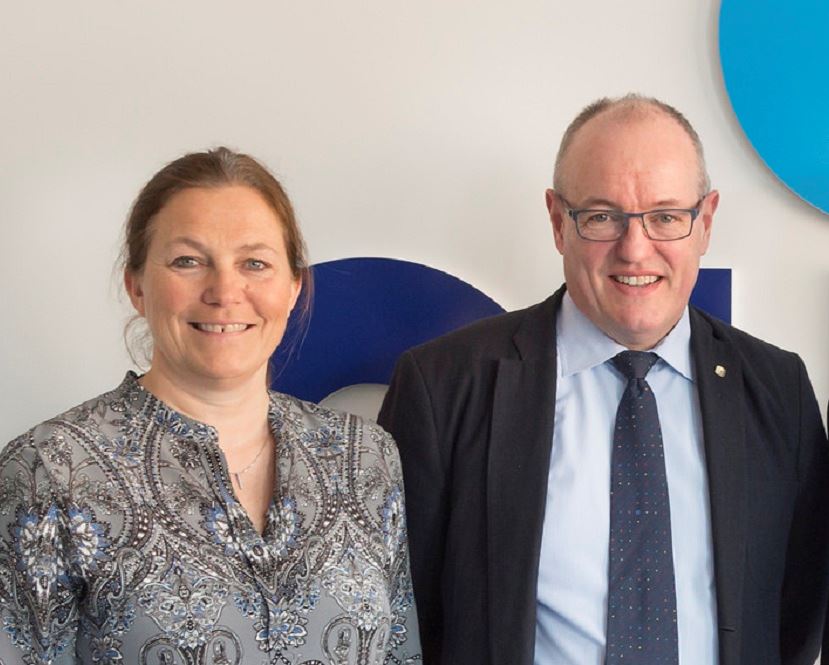Fully 9.1 per cent of all research publications from NTNU are in collaboration with SINTEF, a number that puts the university at the top worldwide with respect to publishing collaboratively, according to a newly published article by the Times Higher Education World University Rankings.
“It is very positive that the cooperation between NTNU and SINTEF has been recognized in international rankings. This is an effective partnership between a university that conducts basic technological research and a research institute that works closely with industrial partners and applied research. The partnership strengthens us both, not to mention the industries that we work with,” says Alexandra Bech Gjørv, who is president and CEO of SINTEF.
She noted that the ocean is an area where it will become even more important for the two institutions to work together in the years to come.
SINTEF was founded in 1950. The institute worked closely with the then-Norwegian Institute of Technology (NTH), which in 1996 became NTNU. SINTEF remains an independent research group.
Energy a key area for cooperation
The partners have been a driving force in Norway’s efforts to exploit oil reserves on the Norwegian Continental Shelf, according to the Times Higher Education article.
Nevertheless, “we cooperate in many other areas,” Johan Hustad, director of NTNU’s Energy strategic area, told the Times Higher Education.
Hustad highlighted solar, wind and hydropower as examples of areas where NTNU and SINTEF conduct joint research. He also says that the partnership is a key part of the university’s efforts to be relevant to society, and to promote both a better society and a green economy.
Gratifying, but not surprising
“This is gratifying, but not surprising, news,” said Toril A. Nagelhus Hernes, Pro-Rector for Innovation at NTNU.
Cooperation between NTNU and SINTEF is unique in an international context and has given good results over the years, she said. It has also been very beneficial to both parties.
“Many of the challenges we face are complex and require a multidisciplinary approach with different perspectives and angles. NTNU will work strategically to more closely integrate education, research and innovation. This is how we will develop and realize the expertise and knowledge that the commercial and public sectors need to build sustainable solutions for the future. For this, continued cooperation with SINTEF is very important,” she said.

